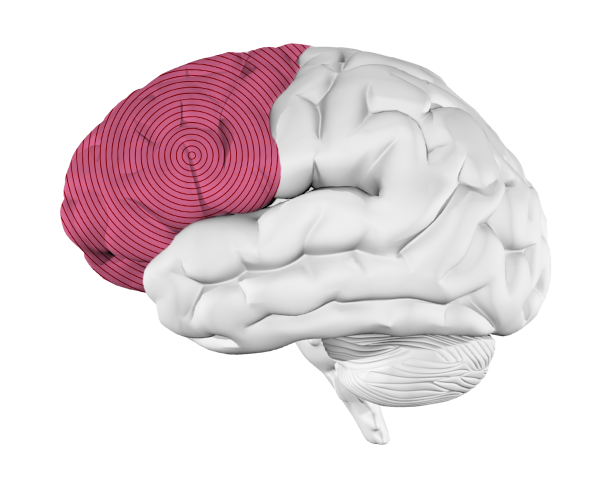HEALTH
Music makes the brain work

Brain work
Not so long ago, American scientists conducted an experiment that found that music helps in many ways – for example, in reading and concentration.
If you want to keep your brain engaged throughout the aging process, listening to or playing music is a great tool. It provides a total brain workout. Research has shown that listening to music can reduce anxiety, blood pressure, and pain as well as improve sleep quality, mood, mental alertness, and memory.
The findings, according to Nina Kraus, a neurologist at Northwestern University in the United States, who conducted the experiment, highlight the importance of music lessons. “When school funding is restricted, the first thing they take out of the curriculum is usually just music lessons. That’s a big mistake.”
The study, involving 20 volunteers, began by asking participants in the experiment to watch movies with royalty free cinematic music of their choice.
While watching, the volunteers also continuously heard a Mandarin word in the background that sounds like “E.” This adverb is very musical, and the meaning of the word depends on the tone with which it is pronounced. For example, the word “mi” pronounced in a level tone means “to squint”; if the tone is raised, it means “to embarrass”; and if the tone is lowered, it means “rice”.
During the experiment, scientists recorded the level of brain activity of the participants. It should be noted that half of the volunteers as children attended music school for six years (on average). The other half did not attend music classes. All participants were native English speakers and had never heard Mandarin before. Deep sleep music has a positive effect on brain activity.
“Even though all the participants’ attention was focused on the movie, and the ‘E’ sounds made no sense to them, those of them who had attended music school were much better able to distinguish the nuances of the movie characters’ speech,” said Patrick Wong, a neuroscientist at Northwestern University. He stressed that the observations were made on the most ordinary people who are not professional musicians.
Scientists found that music is perceived by the same part of the brain that is responsible for automatic body functions, such as breathing and heartbeat. Live, improvised music has the greatest stimulating effect.
“These results show us at what deep level music is perceived by humans. We think that music stimulates and actually sets the brain to work harder,” Kraus said.
Now scientists are concerned with another question – how many years of music training it takes for music therapy to produce its tangible results. Researchers believe that music lessons would also help children with low literacy levels.
Kenneth is a proud native of sydney, born and raised there. However, he pursued his education abroad and studied in Australia. Kenneth has worked as a journalist for almost a decade, making valuable contributions to prominent publications such as Yahoo News and The Verge. Currently, he serves as a journalist for The Hear Up, where he focuses on covering climate and science news. You can reach Kenneth at [email protected].










